Assad is well aware that his crimes have put him beyond reconciliation, as the regional spillover from the Syrian Civil War promises to be significant.
Earlier this week, Israel’s military reported "direct hits" on targets in Syria after a series of mortar shells hit an open area in the vicinity of an IDF post in the central Golan Heights. This incident is startlingly similar to last month’s skirmishes along the Turkish border where a series of mortar shells landed on Turkish territory, forcing Ankara to launch a series of warnings towards Syria. Even so, tensions continued to increase and so did the number of mortar shells landing on Turkish soil, eventually leaving five civilians dead in the Turkish town of Akcakale. In response, Turkish Armed Forces retaliated by firing on Syrian targets.
Monday’s incident in the Golan Heights was not the first involving Bashar al-Assad’s troops and the Israeli Defense Forces; future confrontation seems likely. Recently, IDF soldiers observed Syrian tanks entering the demilitarized zone in the Golan Heights, putting Israeli officials on high alert. While Israeli officials reacted to the first incident with surprising calm, the escalating crisis in Syria, and spilling tensions in Lebanon, have produced escalating concerns for Tel Aviv.
Déjà Vu
The events in the Golan Heights are eerily familiar, reaffirming that the regime is playing with fire in a game that appears to lack any rationality. The battle between pro-Assad forces and opposition groups is continuing to produce a devastating number of atrocities; in spite of which the opposition continues to advance.
So what is the rationale behind Assad’s regional saber-rattling? The domestic situation leaves him with few options but to seize opportunity in chaos. Moreover, by escalating tensions along Syria’s borders, Assad might get just the chaos he is looking for. Repeat incidents between Turkey and Syria pushed Ankara to put its military on high alert and make the crisis in neighboring Syria a national priority. This week alone, forces loyal to Assad were reported to have conducted air assaults on the town of Ras al-Ain in close proximity to the Turkish border for the third day in a row, leaving Turkish officials concerned that the violence might once again spill over. Prime Minister Recep Tayyip Erdoğan reaffirmed that if necessary, Turkey would retaliate to protect its citizens. Just last month the Turkish parliament agreed, by a vote of 320 to 129, to authorize the military to launch cross-border action against Syria if necessary.
Ankara has been discussing options with its partners as well, over how to tackle the crisis. This also includes the possibility of a no-fly zone. Ankara has reportedly been conducting talks with NATO over a potential deployment of Patriot surface-to-air missiles on the border. This would not only be a major step to defend its citizens against the potential threat coming from Syria’s chemical weapons arsenal, but more importantly, it could be a precursor to enforce a no-fly zone.
NATO’s Secretary General, Anders Fogh Rasmussen, said at a meeting in Prague on Monday that the organization would “do what it takes to protect and defend Turkey.” With this reaffirmation of NATO support, Turkey is one step closer to expanding its action against Syria. Assad is yet another step closer to facing the possibility of a no-fly zone, or maybe even a ground-based foreign intervention; one that would accelerate the chaos in the region. This might be exactly the chaos that Assad has been looking for.
Is Chaos Bashar al-Assad’s Last Resort?
The Syrian regime understands that it is unlikely to ever regain full control of the country. Most of Syria is disjointed by war, and despite repeated failures and the absence of unified representation, the opposition groups continue to gain ground and territory. Assad is well aware that his crimes have put him beyond reconciliation, as proved by Muammar Qadhafi’s fate.
But the Syrian opposition’s efforts to reorganize might actually expand the chaos further. Recently, a newly formed opposition bloc, the Syrian National Coalition for Opposition and Revolutionary Forces, has been recognized by the Arab League and by France as the representation of the Syrian people in their struggle against the Assad regime. While many are hoping that this new coalition will be able to step up the battle against Assad, the diversity of the opposition groups fighting in the streets may complicate those unification efforts.
This is also why the US welcomed the creation of the new opposition body, yet hedged its bets by declining to follow France in fully recognizing the coalition. For months now, the US has been hesitant to arm the opposition. One of the key reasons behind that is the diversity of the opposition groups, including the high number of jihadist groups. The tragic events in Libya have proven that once arms are distributed it is practically impossible to collect them.
For this reason, it is very unlikely that the West will arm the Syrian opposition as one unified element. This will leave rifts between the efforts against Assad and likely further drive the already existing ethnic and religious divides in Syria, potentially pitting those ethnic and religious groups against one another.
And for this same reason, foreign nations are hesitant to intervene. Fear over the outcome and implications for regional stability with such intervention, keeps foreign efforts locked in place. Assad is playing on those fears. By continuing to test his neighbors, foreign intervention (in one way or the other) might be unpreventable. This would lead to more casualties among the Syrian president's own ranks, but likely also to divide the opposition groups into those backed by the West and those following their own ideologies. It is highly unlikely that Western troops would work side by side with some radical elements that are driven by the vision of an Islamist state. Those dynamics formulate the perfect recipe for further chaos in the months to come.
If a conflict on the ground were really to take place, Assad could play upon his earlier threats to take advantage of his weapons arsenal against any foreign intervention. If so, Western involvement would only accelerate. Earlier this fall, US President Barack Obama made clear that “chemical weapons would cross the red line.” This red line might encourage Assad to flee Syria.
The question remains over whether such chaos would help the Syrian president or push him yet one step closer to share the same fate as Qadhafi. If Assad’s plan is to get out, one may wonder why he has failed to do so already.
Image: Copyright © Shutterstock. All Rights Reserved.
The views expressed in this article are the author's own and do not necessarily reflect Fair Observer’s editorial policy.
Support Fair Observer
We rely on your support for our independence, diversity and quality.
For more than 10 years, Fair Observer has been free, fair and independent. No billionaire owns us, no advertisers control us. We are a reader-supported nonprofit. Unlike many other publications, we keep our content free for readers regardless of where they live or whether they can afford to pay. We have no paywalls and no ads.
In the post-truth era of fake news, echo chambers and filter bubbles, we publish a plurality of perspectives from around the world. Anyone can publish with us, but everyone goes through a rigorous editorial process. So, you get fact-checked, well-reasoned content instead of noise.
We publish 2,500+ voices from 90+ countries. We also conduct education and training programs
on subjects ranging from digital media and journalism to writing and critical thinking. This
doesn’t come cheap. Servers, editors, trainers and web developers cost
money.
Please consider supporting us on a regular basis as a recurring donor or a
sustaining member.
Will you support FO’s journalism?
We rely on your support for our independence, diversity and quality.



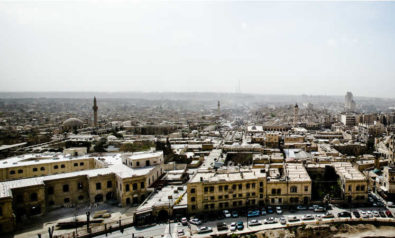
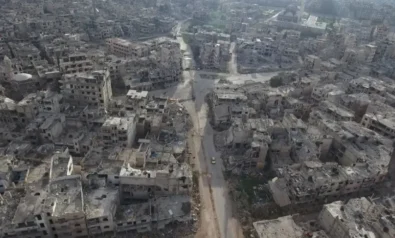
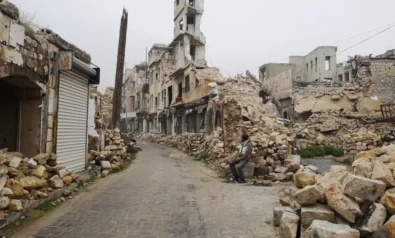

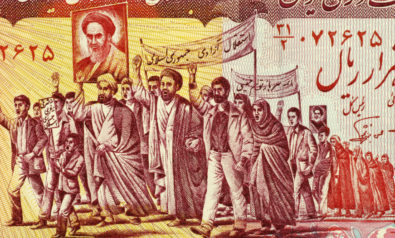

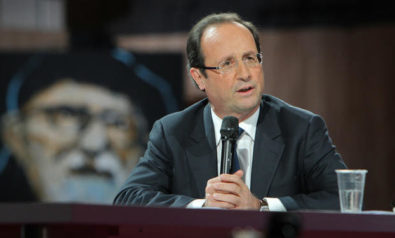
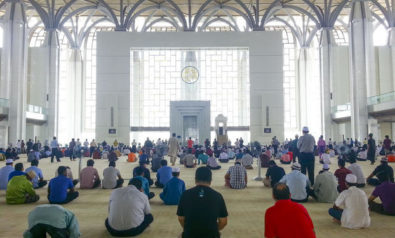

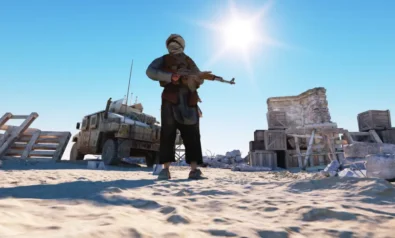
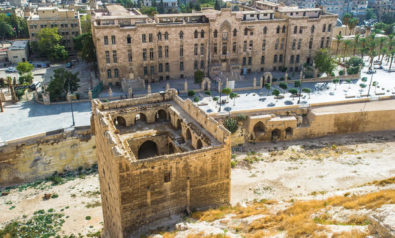
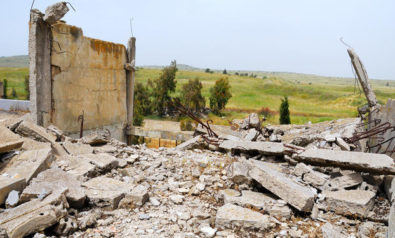


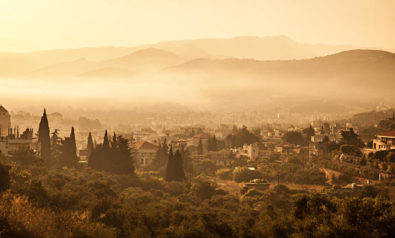
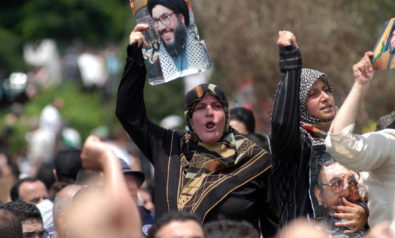



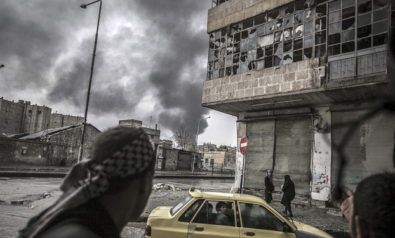

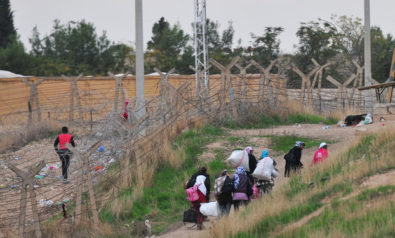
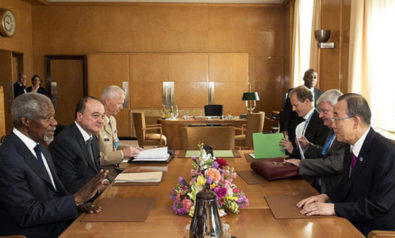

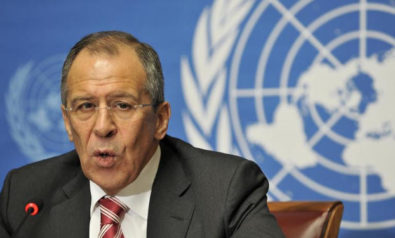

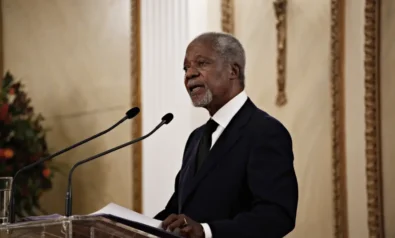
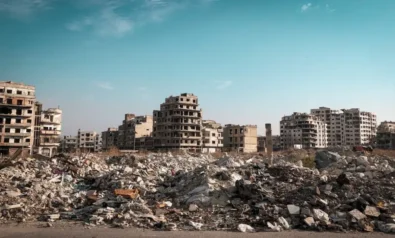
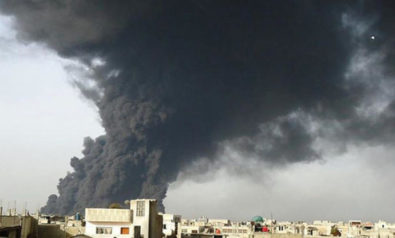

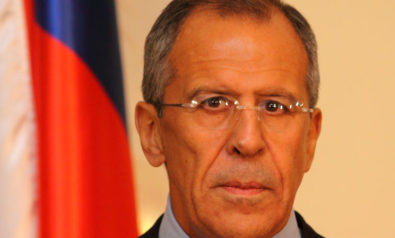
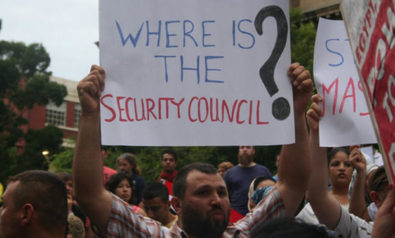
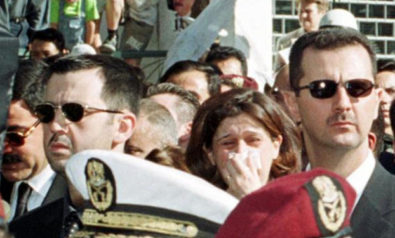


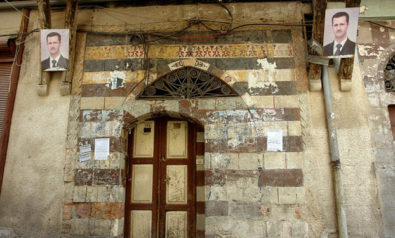



Comment